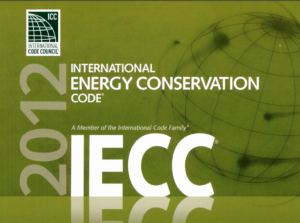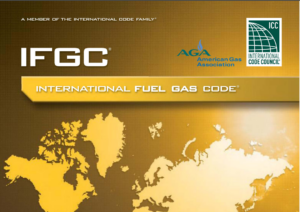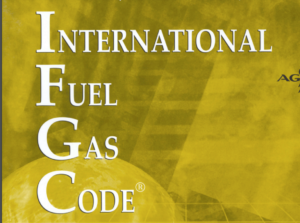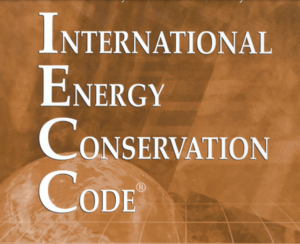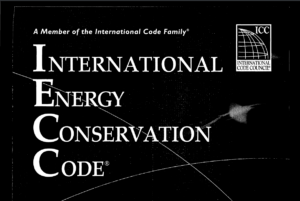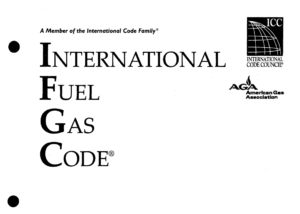The 2000 International Energy Conservation Code (IECC) aims to provide standards for the efficient use of energy in new building constructions. It is designed to regulate the design of building envelopes, mechanical systems, electrical distributions, service water heating, and illumination to ensure energy efficiency without compromising safety, health, or environmental standards.
The code outlines various compliance approaches for residential and commercial buildings, incorporating both prescriptive and performance-based methods. It allows the integration of innovative energy-saving techniques, ensuring flexibility in achieving energy efficiency goals. The compliance is verified through a systematic approach that includes calculations and on-site inspections to confirm adherence to the code’s stipulations.
Key provisions include detailed criteria for the installation of energy systems, insulation, and fenestration products, ensuring they meet specific energy performance standards. This includes the use of materials that reduce air leakage and have appropriate thermal resistance. Maintenance and operational guidelines are also provided to sustain the energy efficiency of buildings over time.
Additionally, the IECC includes exceptions and modifications for certain types of buildings and situations, reflecting its adaptability to a wide range of construction scenarios. The code emphasizes the importance of maintaining existing systems to continue their efficiency and allows for updates and renovations that align with new constructions under the current standards.

